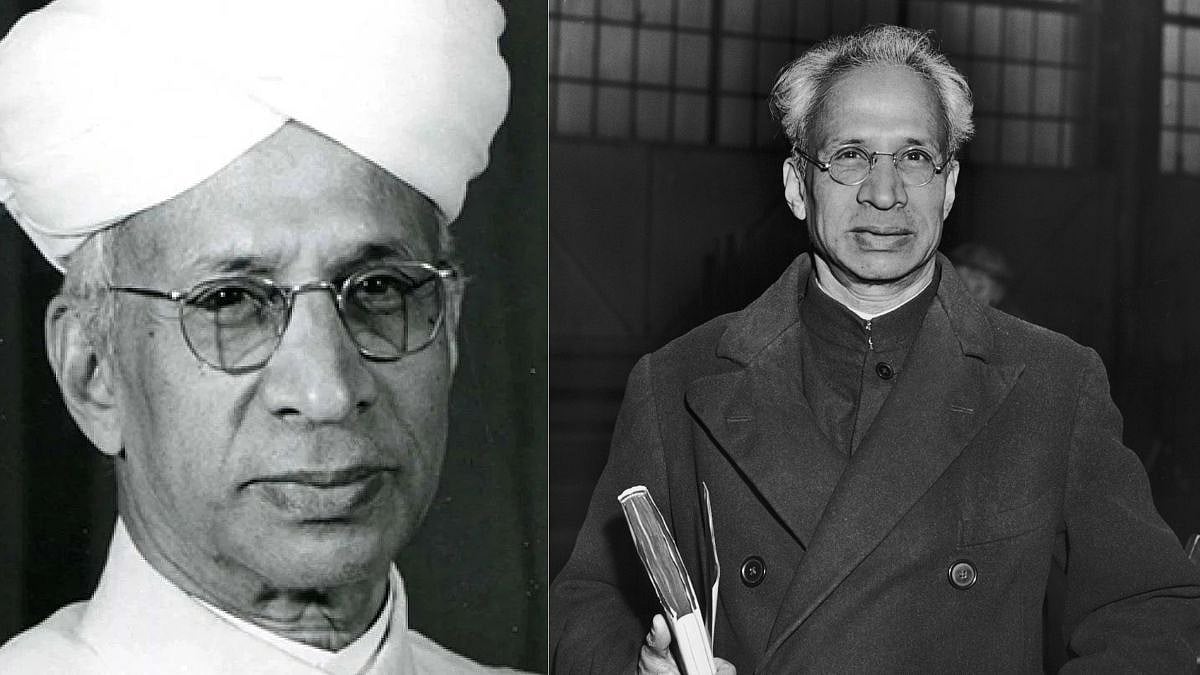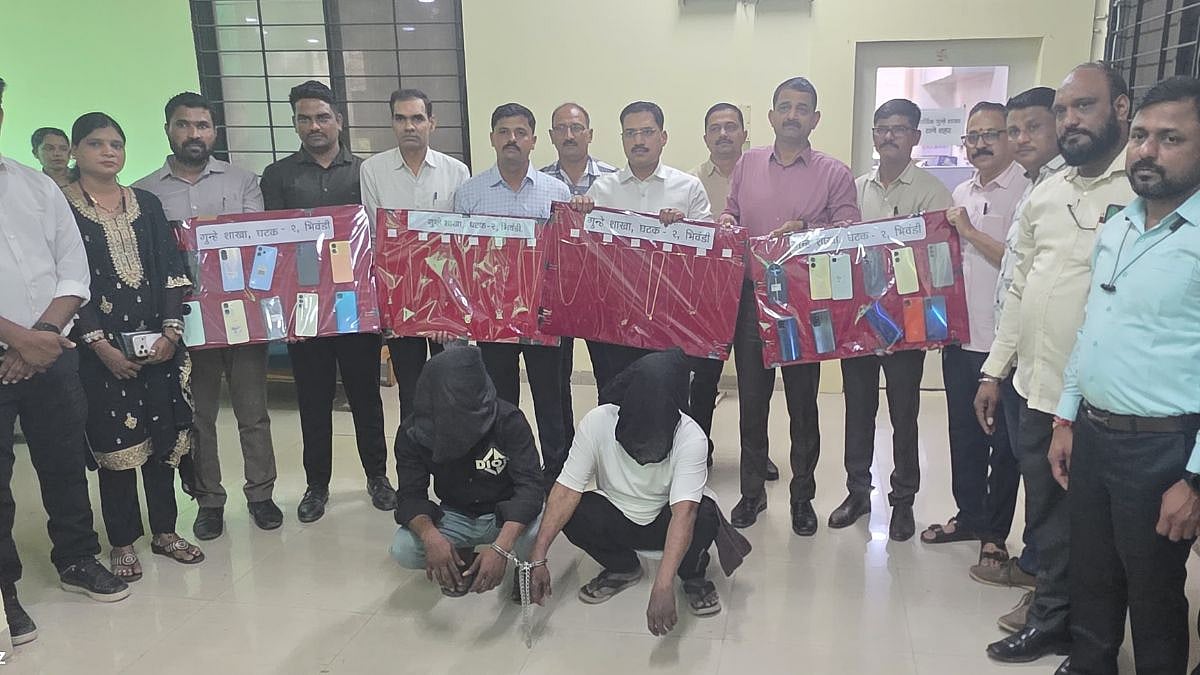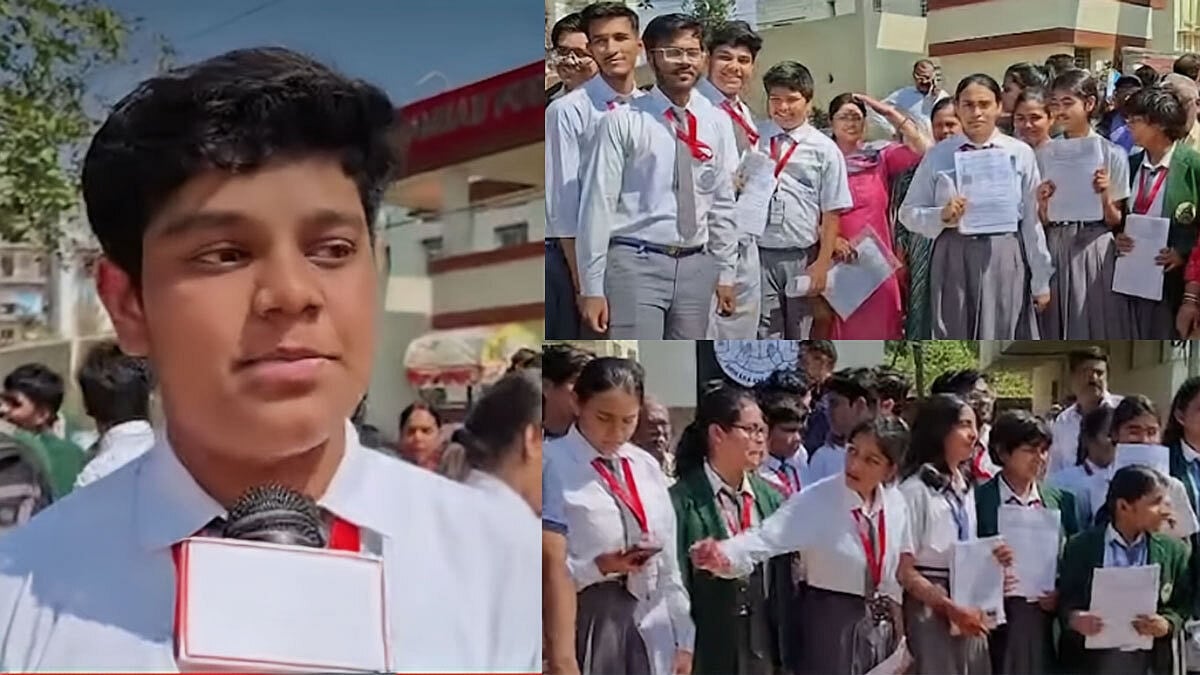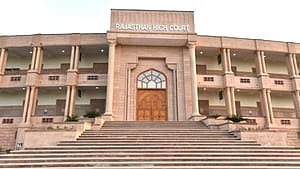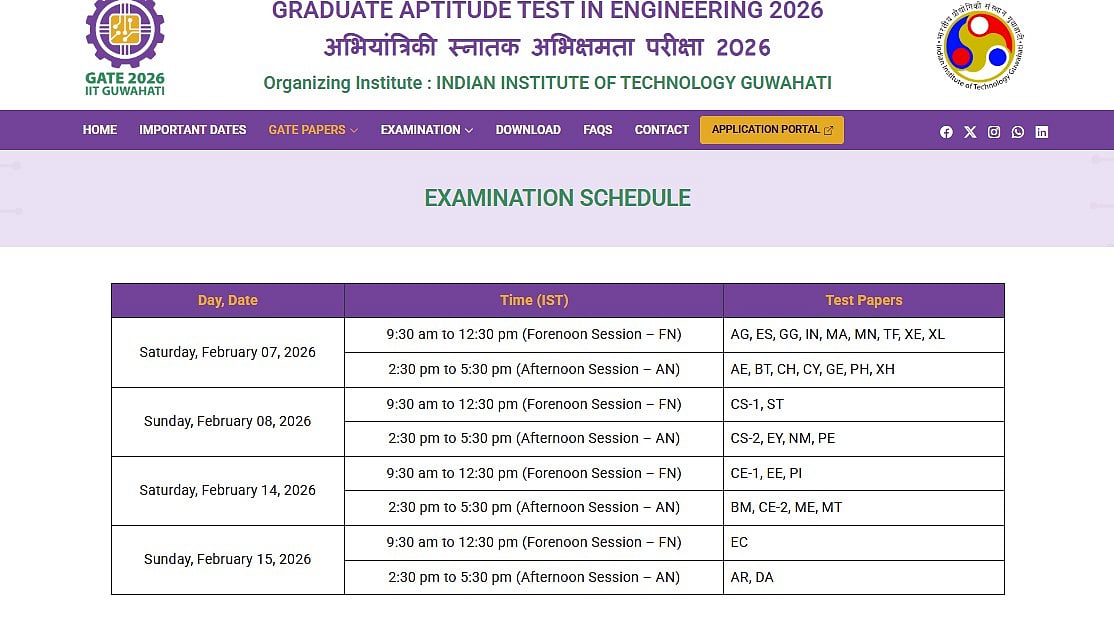5th September is celebrated as teacher's day in India. This day marks the birth anniversary of a great scholar and philosopher, Sarvepalli Radhakrishnan. The educationist who also served as the second President of India was born into a Telugu-speaking family of Sarvepalli Veeraswami and Sithamma. He was born in Tiruttani of North Arcot district in the erstwhile Madras Presidency (now in Tiruvallur district of Tamil Nadu).
Education
S. Radhakrishnan joined Voorhees College in Vellore for his high school education. After his F.A. (First of Arts) class, he joined the Madras Christian College (affiliated to the University of Madras) at the age of 16. He graduated from there in 1907, and also finished his Masters from the same college.
Studied Philosophy
Being a financially constrained, Radhakrishnan studied philosophy by chance rather than choice. It all happened when a cousin who graduated from the same college passed on his philosophy textbooks to Radhakrishnan, which automatically decided his academic's course.
Sarvepalli wrote his bachelor's degree thesis on "The Ethics of the Vedanta and its Metaphysical Presuppositions". It "was intended to be a reply to the charge that the Vedanta system had no room for ethics."Two of his professors, Rev. William Meston and Dr. Alfred George Hogg, commended Radhakrishnan's dissertation.
Radhakrishnan's thesis was published when he was twenty. According to Radhakrishnan himself, the criticism of Hogg and other Christian teachers of Indian culture "disturbed my faith and shook the traditional props on which I leaned."
Radhakrishnan himself describes how, as a student, The challenge of Christian critics impelled me to make a study of Hinduism and find out what is living and what is dead in it. My pride as a Hindu, roused by the enterprise and eloquence of Swami Vivekananda, was deeply hurt by the treatment accorded to Hinduism in missionary institutions. This led him to his critical study of Indian philosophy and religion and a lifelong defence of Hinduism against "uninformed Western criticism".
Academic career
In April 1909, Radhakrishnan was appointed to the Department of Philosophy at the Madras Presidency College. Thereafter, in 1918, he was selected as Professor of Philosophy by the University of Mysore, where he taught at its Maharaja's College, Mysore. By that time, he had written many articles for journals of repute like The Quest, Journal of Philosophy and the International Journal of Ethics. He also completed his first book, The Philosophy of Rabindranath Tagore. He believed Tagore's philosophy to be the "genuine manifestation of the Indian spirit". His second book, The Reign of Religion in Contemporary Philosophy was published in 1920.
In 1921 he was appointed as a professor in philosophy to occupy the King George V Chair of Mental and Moral Science at the University of Calcutta. He represented the University of Calcutta at the Congress of the Universities of the British Empire in June 1926 and the International Congress of Philosophy at Harvard University in September 1926. Another important academic event during this period was the invitation to deliver the Hibbert Lecture on the ideals of life which he delivered at Manchester College, Oxford in 1929 and which was subsequently published in book form as An Idealist View of Life.
Lecture at the University of Oxford
In 1929 Radhakrishnan was invited to take the post vacated by Principal J. Estlin Carpenter at Manchester College. This gave him the opportunity to lecture the students at the University of Oxford on Comparative Religion.
For his services to education, he was knighted by George V in the June 1931 Birthday Honours, and formally invested with his honour by the Governor-General of India, the Earl of Willingdon, in April 1932. However, he ceased to use the title after Indian independence, preferring instead his academic title of 'Doctor'.
Why is Teacher's Day celebrated?
When Radhakrishnan became the President of India, some of his students and friends requested him to allow them to celebrate his birthday, on 5 September. He replied, Instead of celebrating my birthday, it would be my proud privilege if September 5th is observed as Teachers' Day
